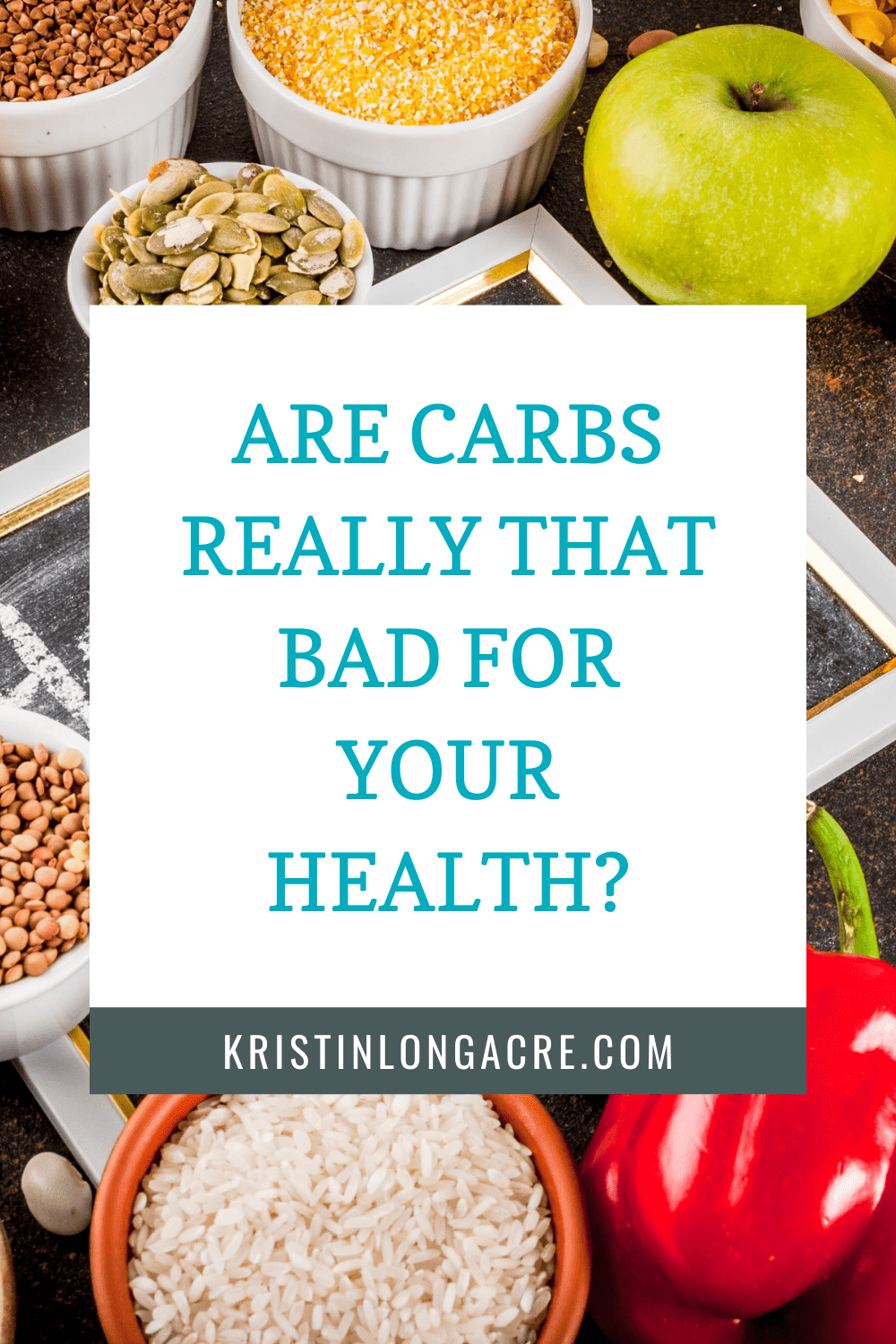May 25, 2022
The first week, we talked about protein, because protein is the one that most people are undereating. In the episode, we talked about ways to get more protein into our daily diets into our meals, and how protein can benefit us.
Last week, we talked about carbs and why carbs are so demonized, but why you need them in your daily lives because carbs are good. Carbs are wonderful. We need carbs, we love carbs around here.
Today, we’re going to move on to another one that can often be demonized. And that is fats. Fats are going to be the third macronutrient we’re going to talk about. Similar to carbs tend to have diets named after them, such as the low-fat diet, which was very trendy back in the 90s and the early 2000s.
Let’s talk all about why fats are important, some sources of good fats that you can get into your diet, and a little bit about balance.
Why Are Low-Fat Diets Popular?
Back in the 90s and early 2000s were the height of the low-fat diet trend. When we look at diet culture, there are always different trends that tend to come and go over the years. Typically the trends come from a quick fix idea for weight loss.
In this case, that quick fix for weight loss became low-fat diets. Then all of the marketing gimmicks. Salad dressings became low fat, cereal became low fat, bars became low fat, etc.
Everything became low-fat and people began to attribute low fat to be healthier.
The Problem WIth Low-Fat Foods
While low-fat seemingly was healthier, they came with a trade-off. In order to make the food taste better, they were adding more sugar and sweetener.
Therefore, they were missing the fat piece of it, but they were higher in sugar.
While we know sugar isn’t necessarily bad for us in the right amounts, the average American eats 24 tsp of sugar a day. Yet, we should be eating no more than 6 tsp per day.
Eventually, the low-fat diet was phased out and people moved onto low-carbohydrate diets.
Why Are Fats An Important Macronutrient?
Fats are your body’s energy reserve. Last week we talked about how carbohydrates are your body’s source of energy. Fats are next man up when you burn through the carbohydrate energy. This is where the keto diet has become very popular for weight loss.
However, focusing on burning JUST fat and not carbs is necessarily a not long-term sustainable solution.
Fats are also around to do more than help with energy. They also protect your organs and insulate your body.
That’s pretty important. This allows your body to function at the best version of itself.
Daily Fats Intake
Similar to carbohydrates and protein, the amount of fat that you need is going to vary by person. There is no one exact number I can give you.
On average 20 to 35% of your diet should come from fats, but less than 10% of that should come from saturated fat. This means that you need to keep an eye on food labels for those saturated fats.
The easiest way to avoid saturated fats is to focus on whole foods instead of processed foods, but that is not always doable.
The best sources of fat in your diet:
- Fatty fish
- Avocados
- Olives (and olive oil)
- Nuts
- Seeds (Pumpkin seeds, Sunflower seeds, Chia seeds)
Fat sources to avoid in your diet:
- Butter
- Cream Cheese
- Full fat dairy
- Fast foods
- Packaged foods
Keeping Balanced
One conversation I have as we are heading into the Summer months is “How do I balance out my meals? How do I balance my nutrition with things going on in the Summer?” Balance is a huge issue when it comes to busy schedules.
Good news for you!
On June 6 at 8 pm CST, I am hosting a Crash Course To Balancing Your Summer Nutrition.
Sign up before June 1st to get Early Bird pricing of just $19.95 and lifetime access to the replay!
ABOUT ME
Hey There, I’m Kristin! I coach women to make small changes in their daily nutrition to become the best version of themselves.

